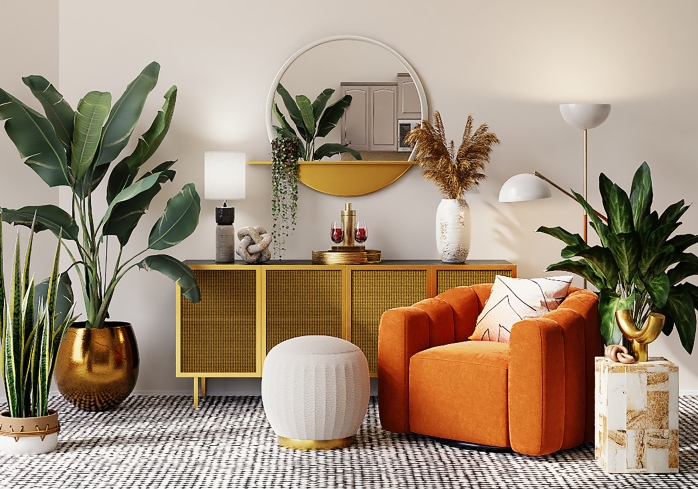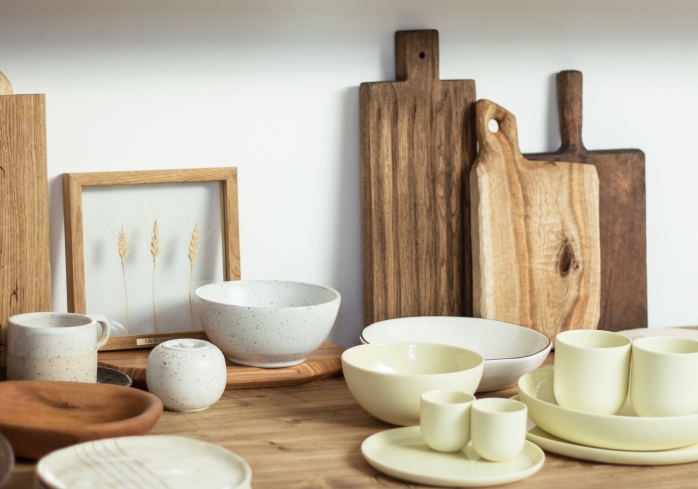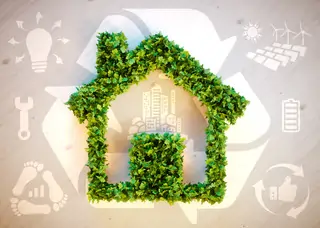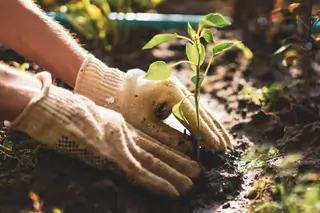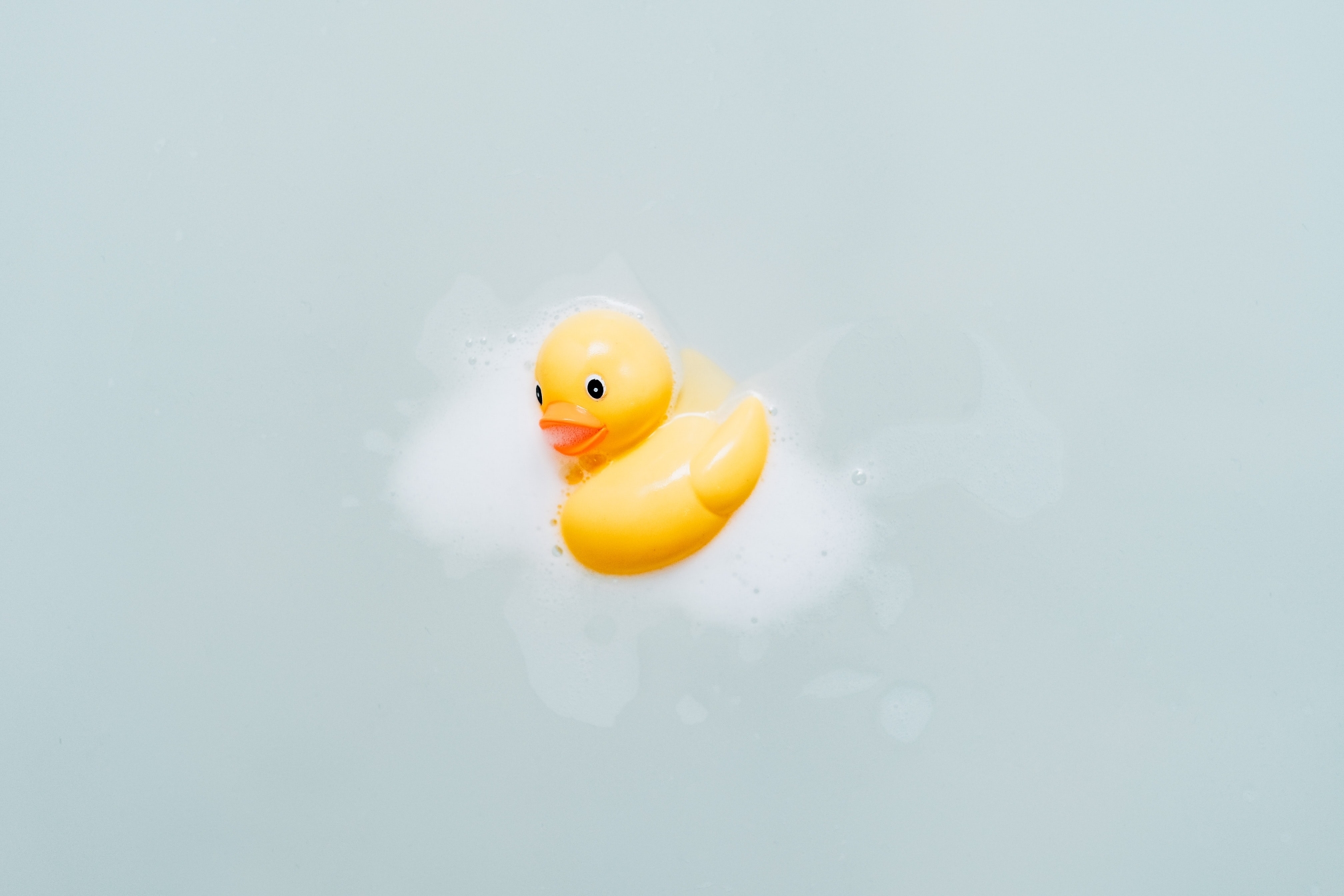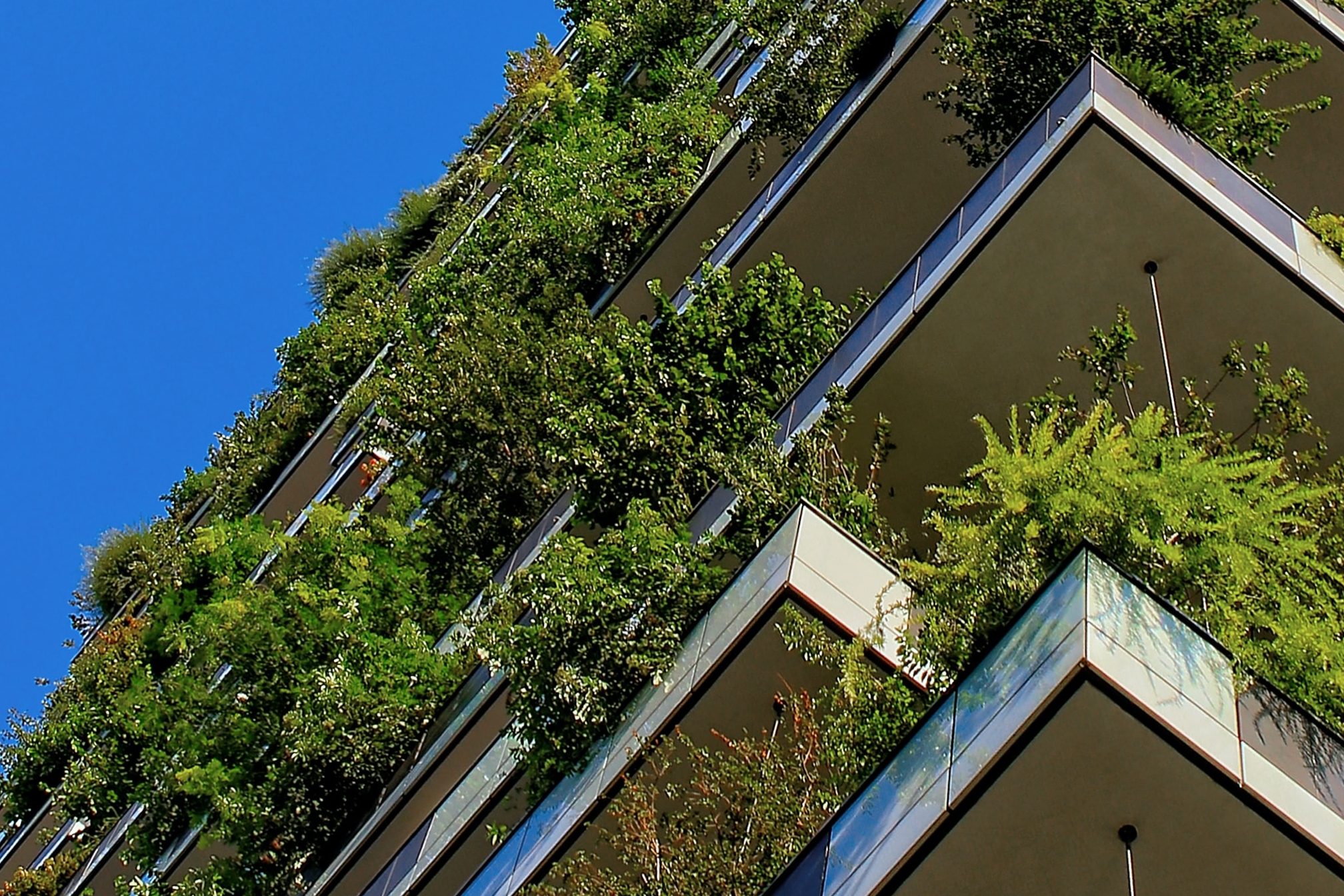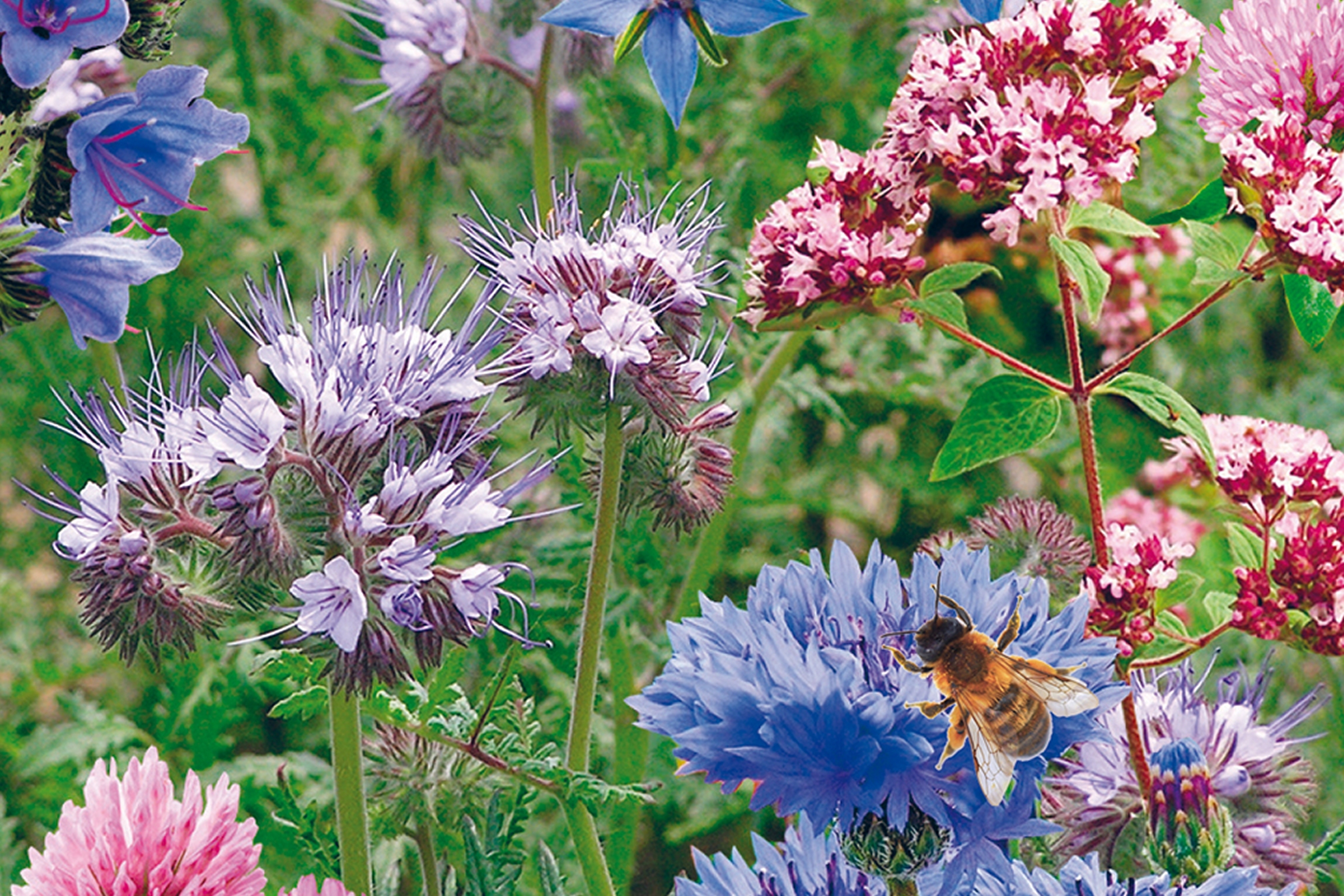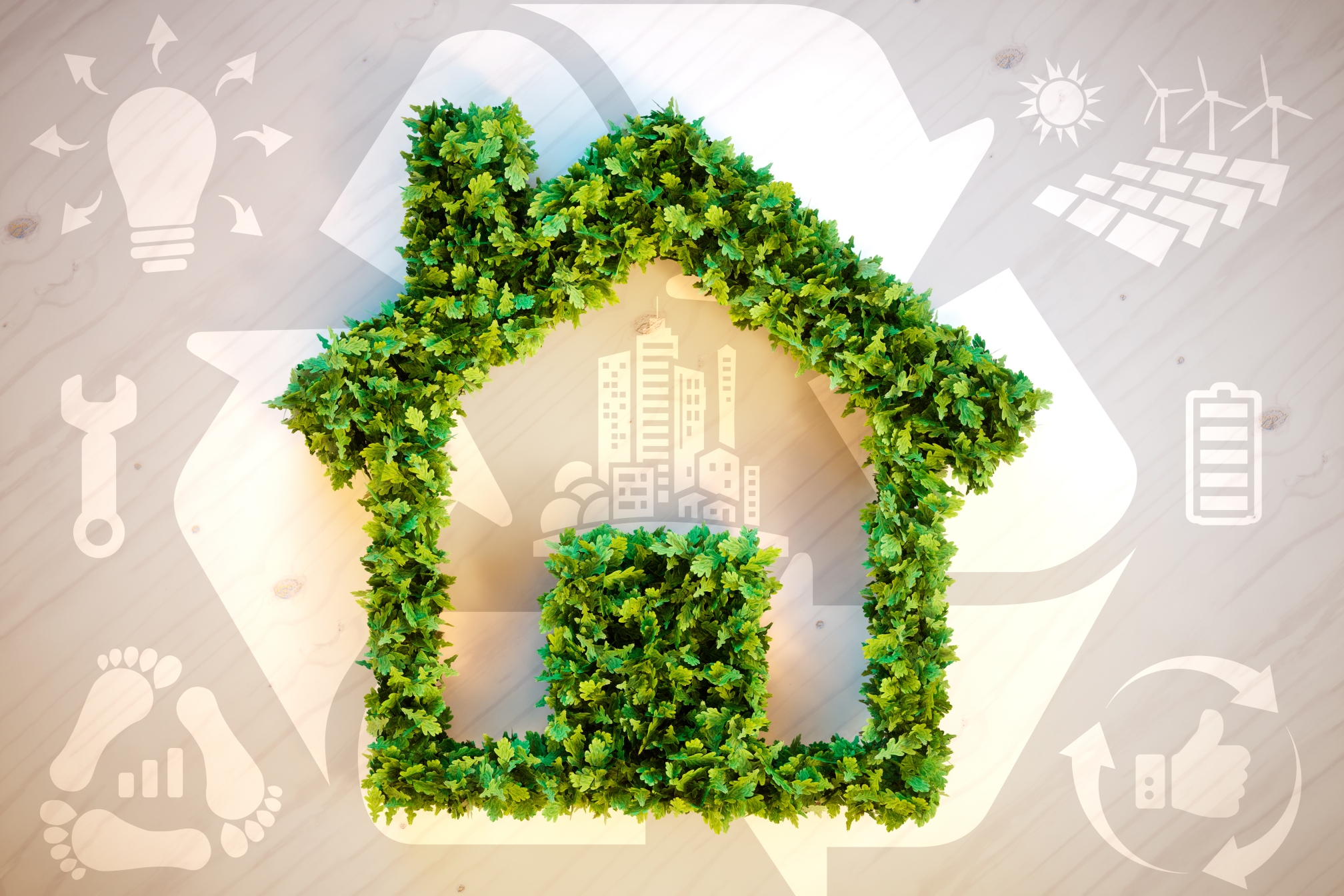This website uses cookies so that we can provide you with the best user experience possible. Cookie information is stored in your browser and performs functions such as recognising you when you return to our website and helping our team to understand which sections of the website you find most interesting and useful.
In today’s climate, we are all looking for ways to live more sustainably and be kinder to our planet. Have you ever thought about reducing your waste, by reusing your waste? Many things that we throw away in our day to day lives can actually be repurposed, starting with your morning cup of coffee. Reusing old coffee grounds in your garden and houseplants is a great way to make practical use of something that would otherwise be thrown away. Not only giving your green space a pick me up, but also helping you to think and act cleaner and greener. We get through our fair share of coffee here at the Willow Alexander HQ, and meticulously reutilize all of our waste. We carefully empty the coffee from each of our used pods, responsibly recycle the remaining packing, and save the contents for later use in our plant nursery. This is not only a sustainable, and cost-effective fertilization solution, but it gives our plants the best start to life! Why? Coffee grounds have a long list of uses and benefits for your plants and garden, but most notably they are an excellent addition to your compost pile and can also act as a great sustainable and natural fertilizer. Composting with coffee grounds helps to add nitrogen to your compost and encourage the growth and reproduction of microorganisms. On the other hand, using coffee waste directly on your plants as a fertilizer adds organic material to the soil which aids drainage, water retention and aeration in the soil, as well as encouraging plant growth. How? Composting your coffee is as easy as just adding your used grounds and filters straight onto your compost pile. However, remember that despite its colour, coffee is considered “green compost material”, so make sure to...
Hot on the heels of the hottest day EVER in the UK (topping 40.3°C in Lincolnshire) it’s no surprise that we have a water shortage. It may seem like nothing new. Hosepipe bans are a pretty standard part of the British summer. But usually we wonder why, when it rains for so much of the year. This year I don’t think anyone can question the cause. While it’s nice not to need a backup plan for every outdoor event this summer, these long and extreme spikes in heat are becoming more common. The Environment Agency has said that we could face chronic water shortages within 25 years. Even now, the south-east has less clean water per person than Sudan or Egypt. How much water do you use? Apparently 46% of people think their household uses under 20 litres of water a day – that’s about the amount you’d use taking a 2-minute shower. In reality, the average is more like 150 litres per person and the government needs us to cut this down to 110 litres by 2030. To get a better idea of how much you use water companies like Thames Water have online water saving calculators. After a quick survey you can find out roughly what you’re using but also what you could save. All you need to do is follow some simple water saving tips. Water saving tips Tip #1: Bath v shower The endless debate! Usually a 5-minute shower uses around a third of the water of a bath. That’s unless you have a power shower and enjoy a 20+ minute session! If you’re on the fence, run a quick test where you have a shower with the plug in and see which uses more for you. And if you’re a committed bath soaker, consider switching...
It’s hard to be a climate denier these days. We can see it all around us – extreme temperatures, freak weather, changes in nature patterns and new species making our home their home (hello stink bugs and Asian hornets…). Back in 1979, that’s over 40 years ago now, the First Climate Change Conference called on governments ‘to foresee and prevent potential man-made changes in climate’. Fast forward to 2021 and the United Nations Intergovernmental Panel on Climate Change (IPCC) issued a report stating that humanity is ‘unequivocally’ to blame for rising temperatures. So what have WE been doing wrong? Well, everything really. Driving cars and heating our homes using fossil fuels, eating exotic foods that are transported across the world, fuelling the fast fashion economy that promotes a throw-away culture and generally living in a more-is-more world. Industries have responded to support this explosion of consumerism with far reaching consequences, something put into perspective by the same IPCC report: The past decade was likely hotter than any period in the last 125,000 years Combustion and deforestation have raised carbon dioxide levels in the atmosphere to their highest point in 2 million years Agriculture and fossil fuels have contributed to methane and nitrous oxide levels higher than any point in at least 800,000 years Carbon dioxide, methane and nitrous oxide are all Greenhouse Gases at the root of the problem. When released into the atmosphere these gases act like glass in a greenhouse trapping the sun’s heat and stopping it from leaking back into space. The earth begins to get warmer – by 1°C since 1990 - and if we don’t limit this warming to 1.5°C we will hit the ‘point of no return’. The science is unquestionable and quite frankly terrifying, and yet the most important thing is that the...
In this series we’re going to introduce you to some of the companies and products that we admire. Maybe because they look great, maybe because they have a novel way of doing things, maybe just because they are a really good idea. But ALL because they’re flying the flag, one way or another, for making our planet a better place! To kick it all off we’re going to share a brilliant gift idea for all ages… Seedboms by Kabloom Kabloom is a Glasgow-based company that has been making Seedboms since the early 2000s. Seedboms are fun grenade-shaped wildflower kits each containing hundreds of seeds. You simply soak them, plant them out in a flower bed, pot or window box and let nature take its course. Each bom creates a colourful dispay (about 30cm square) of native flowers including cornflowers, poppies, borage and forget-me-nots, all of which attract pollinators and insects. In fact, you can choose between Boms for Bees, Butterflies, Bugs, Birds, Foraging (edible) and Meadows or specific flowers and colours. For great gifts there are tie-ins with well-known children’s books as well as customisable wedding favours. Naughty by nature The fact they chose a grenade shape is a part of the message. As founder and CEO Darren Wilson says: “a grenade shape has extremely negative and aggressive connotations. My intention is to re-appropriate the idea, to turn the function on its head and create a positive impact rather than a negative one...we are waging war on wasteland.” Kabloom has a section on its website dedicated to Guerrilla Gardening. Inspiring people to improve areas like wasteland and abandoned tree pits with plant life. This simple act also gets people to pay more attention to the areas around them and think about ways they can make them more beautiful, for themselves...
Over the last two years we’ve all become more sustainable consumers. But what does that actually mean and why? Thanks to the pandemic we started shopping more locally and used our cars less. Thanks to supply chain issues we had fewer choices. Thanks to inflation we started looking for ways to spend our money wisely on things that last longer. Thanks to the gas crisis we’re looking at ways to reduce our energy consumption. All these ‘solutions’ to problems are actually part of the solution to climate change – and that’s being a conscious consumer. Forgoing our quick-fix buying habits and replacing them with a more considered approach. Taking a moment to think about what it is you’re buying, where it’s coming from, what it’s made of and how that company looks after its people can really change your mind about something. Especially when you look at what companies are prepared to share about all this with all of us. How to spot fact vs fiction Many brands make this easy by putting their eco-values front and centre. With others you have to dig a bit deeper to find them. But beware - if it sounds too good to be true, it’s because it probably is. Below is our guide to things to think about, things to look for and things to be wary of when making a purchase or choosing someone to do a job. Think about circularity Do you love upcycling ebay finds? Do you buy second-hand furniture or clothes? Have you ever repaired something rather than throwing it away and buying a new one? If you can say yes to any of these you’re contributing to a circular economy by mimimizing waste. It should be getting easier to find parts to repair things too. In 2021 the...
Did you see the amazing scenes of rainforests, waterfalls and wildlife being projected onto Buckingham Palace as part of the Queen’s Platinum Jubilee celebrations? Did it make you wonder whether you could be doing more to help prevent climate change? Would it surprise you to know that in the UK 40% of carbon emissions actually come from our homes? Now we don’t all have the spare cash to buy an electric car or install a ground source heat pump overnight but there are plenty of simple changes we can all make in our day to day lives that will make a difference. And if we all make small changes, collectively they become significant. Here are 10 ideas that will help your home run more efficiently. Some can be made today. Some you can switch up as something needs replacing. Others require a longer-term commitment to develop new habits. And the best bit…most of them are either free or will save you money. 1. REDUCE YOUR ‘PHANTOM LOAD’. Think of all the gadgets and appliances you have plugged in, humming away on standby just waiting to be used. We’re talking computers, TVs, games consoles, radios, printers, microwaves, kettles, toasters, electric heaters and adaptors, not to mention chargers for phones, laptops, smart watches, cordless vacuums…the list goes on. It’s estimated that we each have around 40 of these in our homes, all using energy even when they’re idling. Known as phantom load or vampire energy, this can account for up to 23% of our monthly household power consumption and potentially 1% of global emissions. To put this in perspective aviation counts for 5%. As energy prices rocket, you could be saving anywhere between £140 and £450 a year simply by switching things off at the plug. 2. LEARN TO COUNT FROM 1...
Our Values + Our Story
We are certified carbon neutral
Become part of the Willow Alexander Family
Become a franchisee


